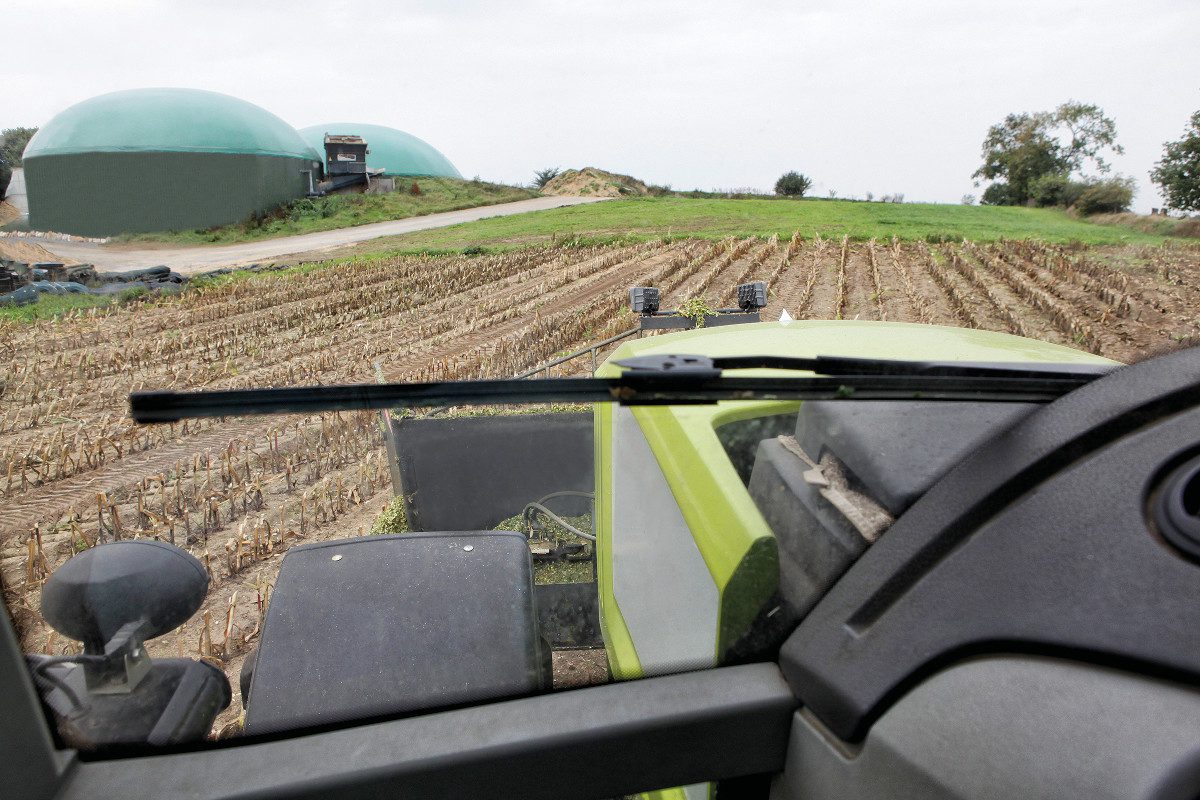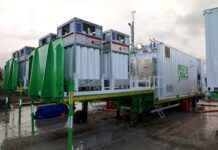And they will affect the UK’s ability to meet its Net Zero targets

With charges escalating year on year, business rates are now a real burden for the anaerobic digestion (AD) industry and risk putting many plants out of business, the Anaerobic Digestion and Bioresources Association (ADBA) has warned, along with renewables consultant Chris Handel. This issue is particularly critical considering the value of AD in addressing climate change and the need for the UK to decarbonise agriculture and other key sectors of its economy.
HMRC’s Valuation Office Agency (VOA) has been reviewing its business rates assessments and the change of methodology could lead to AD plants in the UK facing bills that they can’t meet – causing the closure of their business and the loss of a precious waste management and decarbonisation service for the UK.
There are currently 685 AD plants in the UK treating 46 million tonnes of organic waste every year and recycling them into green biogas and biofertilisers for the energy, transport, heat and farming sectors. By capturing and transforming organic matter – that would otherwise emit harmful greenhouse gas emissions (GHG) on landfill or through incineration – into alternatives to fossil-based energy and fertiliser, the AD industry delivers a 1% reduction in the UK’s GHG emissions every year – the equivalent of taking 2.3 million cars off the road. Fully deployed, the industry could abate the UK’s GHG emissions by 6% by 2030, says ADBA.
“Business rate payers in England have, so far, benefitted from a generous relief scheme under the government’s transitional rates relief scheme. But many AD operators will soon be coming out of this scheme and for the first time will face the full impact of the recent rates revaluation”, says Charlotte Morton, ADBA’s Chief Executive. “This will mean high levels of charges akin to those now levied on AD operators in Scotland, Wales and Northern Ireland. We realise that the tax has to be paid – but it must be fair and reasonable, have regard to a plant’s ability to pay and fully reflect the challenges of running an AD plant. ADBA is very concerned about the impact this tax will be having across the industry.”
The trade association has been working with leading rating practitioner Chris Handel in looking to bring the AD industry together to explore how to address the issue with the VOA and ensure that the business rates remain affordable and fair.
Chris Handel, Managing Director of Handel Rating Consultants, said: “Government changes to the calculations used to work out business rates are likely to trigger higher payments for AD plant owners. This feels counter intuitive at a time when we need to all green the economy.
“I’d urge any AD plant operator receiving a letter about business rates to do two things: firstly take professional advice, don’t just fill in their form. It could lead to higher tax bills. Second, have a think about joining our formal challenge to the government to seek a fairer deal for the industry.”
Charlotte Morton concluded: “We are confident that working together, our concerted action will give us a good opportunity to reset business rate charges to more realistic levels, benefitting not only the whole industry for the life of the plant, but also the UK’s efforts to fulfill the country’s ambition to achieve its Net Zero targets and address climate change.”







